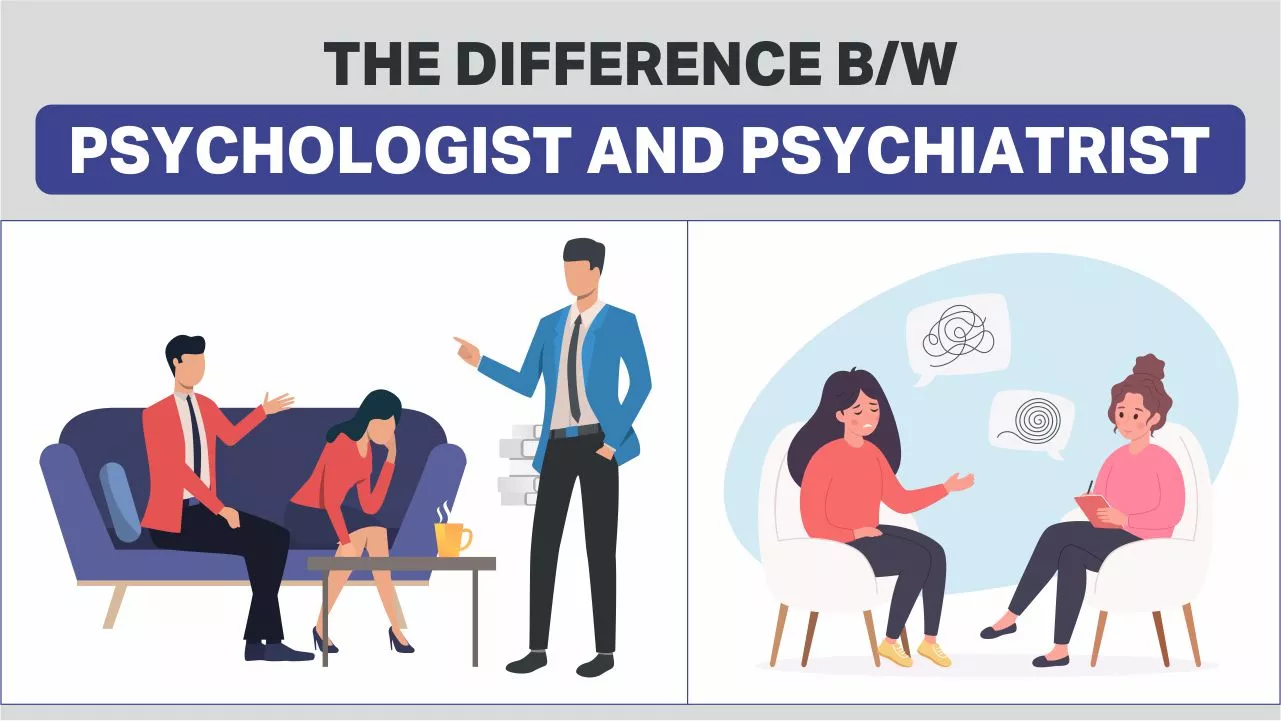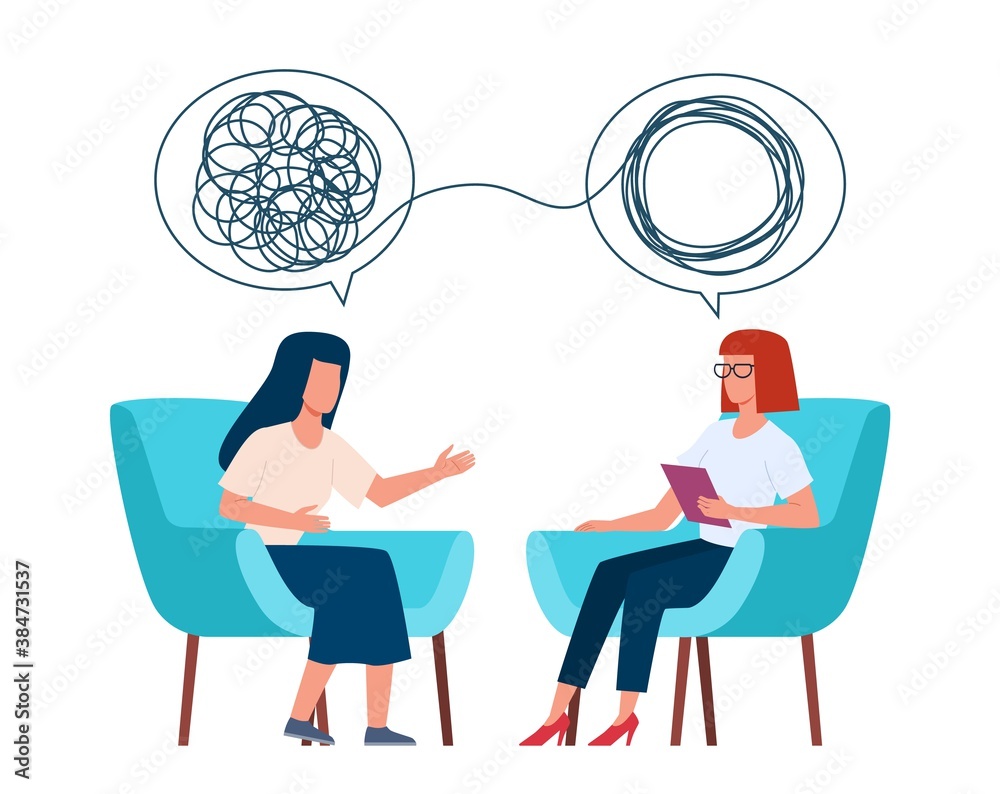Locating the Best Psychologist in Delhi: A Guide to Your Mental Health Trip
Locating the Best Psychologist in Delhi: A Guide to Your Mental Health Trip
Blog Article
Psych Treatment: A Comprehensive Guide to Techniques and Outcomes

Cognitive-Behavioral Treatment
Cognitive-Behavioral Therapy (CBT) is an extensively made use of psychotherapeutic approach that concentrates on identifying and changing useless thinking and behavior patterns. Established in the 1960s by Aaron T. Beck, CBT combines cognitive and behavior theories to address numerous psychological health issues, consisting of depression, anxiety, and stress-related conditions.
CBT is defined by its structured, ambitious nature. Treatment usually entails a joint procedure in between the specialist and customer, where specific problems are recognized, and practical strategies are developed to resolve them. Strategies such as cognitive restructuring, direct exposure treatment, and skill-building exercises are frequently employed. Cognitive restructuring involves challenging and modifying adverse idea patterns, while exposure therapy intends to lower anxiety and anxiousness with progressive direct exposure to feared situations or objects.
Evidence-based research study supports the efficiency of CBT for a variety of emotional disorders - Best Psychologist in Delhi. Its focus on skill procurement and self-help methods empowers customers to proceed progression independently after treatment wraps up. The flexibility and efficiency of CBT have actually made it a foundation in modern psychotherapeutic method
Psychodynamic Strategies
Rooted in the early concepts of Sigmund Freud, psychodynamic approaches concentrate on exploring the subconscious mind and its influence on habits and feelings. These methods aim to reveal covert ideas and sensations that might be driving maladaptive behaviors and mental distress. Central to this strategy is the idea of internal problem, typically originating from unresolved past experiences, specifically those from childhood years.
Therapists making use of psychodynamic techniques utilize numerous key methods, consisting of free association, where individuals are urged to speak easily to expose subconscious material, and desire evaluation, which interprets the concealed web content of desires. In addition, the exploration of transference and countertransference dynamics within the therapeutic connection is vital. These communications can give insights into the client's interior world and relational patterns.
Psychodynamic therapy is normally longer-term contrasted to various other methods, offering a deep and comprehensive understanding of the individual's mind. Research suggests that it can be especially effective for complex mental health and wellness concerns, such as individuality problems and persistent anxiety. By promoting self-awareness and psychological insight, psychodynamic therapy seeks to bring subconscious product to awareness, allowing individuals to achieve significant and long-term change in their lives.
Humanistic Strategies
Structure on the structures laid by psychodynamic methods, humanistic methods offer a distinct viewpoint concentrated on private potential and self-actualization. Stemming in the mid-20th century, these methods prioritize the inherent benefits and growth potential of people, emphasizing a holistic sight of human experience. Secret numbers such as Carl Rogers and Abraham Maslow have considerably influenced this healing method, which encompasses approaches like client-centered official source therapy and Gestalt treatment.
Client-centered treatment, developed by Rogers, plays a pivotal function in humanistic techniques. It depends on the therapist providing an atmosphere of unconditional positive regard, compassion, and congruence. This promotes a safe area for clients to explore their sensations and experiences without judgment, assisting in self-discovery and personal growth. The specialist's role is even more of a facilitator than an authority, urging customers to harness their internal sources for healing.
Gestalt therapy, one more vital humanistic method, stresses existing moment understanding and the assimilation of mind and body. By concentrating on the "right here and currently," customers gain higher understanding right into their existing emotions and behaviors. Methods such as role-playing and assisted visualization are frequently utilized to assist customers obtain a deeper understanding of themselves, ultimately causing boosted self-awareness and fulfillment.
Integrative Therapies
Integrative therapies represent a synthesis of different restorative strategies tailored to satisfy the one-of-a-kind demands of each client. This approach acknowledges the complexity of human psychology and the diverse nature of mental health and wellness concerns. By incorporating elements from various schools of psychotherapy-- such as cognitive-behavioral therapy (CBT), psychodynamic therapy, and humanistic approaches-- integrative therapies provide a more alternative and versatile therapy standard.
Experts of integrative treatment analyze each customer's details demands, signs and symptoms, and individual background to design a tailored therapy strategy. This personalized technique improves the capacity for therapeutic success by attending to the origin of mental distress and promoting overall health. Strategies could include mindfulness exercises, cognitive restructuring, and emotional handling, each chosen to target different aspects of the customer's problems.
In addition, integrative therapies emphasize the healing connection, seeing the client-therapist bond as an important element of reliable therapy. This connection fosters an encouraging atmosphere where clients really feel safe to discover and address their problems. The versatility of integrative therapies makes them appropriate for a broad variety of problems, including anxiousness, anxiety, injury, and interpersonal problems, thus raising their applicability and effectiveness in varied medical setups.

Measuring Treatment Results
Evaluating the efficiency of psychotherapy is critical for both clinicians and customers to ensure that the therapy is generating the preferred end results. To achieve this, numerous methods and tools are used to measure therapy end results systematically. Standardized analysis tools, such as the Beck Anxiety Stock (BDI) and the Generalized Anxiousness Disorder 7 (GAD-7), supply measurable data on symptom seriousness and adjustments in time.
Along with standardized tools, qualitative approaches like customer self-reports and medical meetings supply valuable insights into the personal experiences and viewed progression of customers. Routinely arranged analyses, typically at the beginning, axis, and end of treatment, assistance in tracking the trajectory of renovation or recognizing locations requiring change.
End result measurement is not limited More Info to sign decrease; it additionally incorporates useful renovations in day-to-day live, such as better interpersonal relationships, increased work productivity, and enhanced overall health. Modern improvements in electronic wellness have actually presented mobile applications and on the internet platforms that help with real-time tracking and feedback, even more refining the assessment procedure.
Inevitably, a thorough technique to determining therapy results guarantees that therapeutic interventions work, reliable, and customized to satisfy the individual needs of customers, consequently enhancing the overall therapeutic experience.
Verdict
Psychiatric therapy uses a diverse array of strategies intended at dealing with specific psychological health and wellness issues and boosting general well-being. Cognitive-Behavioral Treatment and psychodynamic methods target inefficient thoughts and subconscious influences, respectively. Humanistic methods concentrate on individual growth and self-actualization, while integrative treatments combine numerous techniques for customized treatment strategies. Examining therapy results through qualitative methods and standard assessments makes certain an extensive understanding of performance, eventually leading clients towards enduring mental wellness improvements.
From the structured technique of Cognitive-Behavioral Treatment (CBT) to the deep expedition of the unconscious in psychodynamic treatment, each approach brings distinct benefits. Its focus on ability procurement and self-help methods encourages clients to continue development individually after treatment ends (Best Psychologist in Delhi). Key figures such as Carl Rogers this page and Abraham Maslow have substantially affected this healing method, which encompasses methods like client-centered therapy and Gestalt therapy

Report this page